Owning your home doesn’t always mean complete freedom. In neighborhoods governed by homeowners’ associations (HOAs), historic districts, or local ordinances, you might be surprised by just how many rules can override your property rights. In some cases, breaking these bylaws repeatedly—or ignoring warnings—can even lead to eviction or forced sale. Here are 15 lesser-known community rules that could land you in serious legal trouble, even if you’re technically the owner.
1. Installing the Wrong Type of Fence

Your white picket dream could turn into a legal nightmare. The New York Times reports that homeowners in HOA neighborhoods have been fined or taken to court for fences just a few inches too high or made from unapproved materials. In some jurisdictions, these violations are considered “willful noncompliance,” which can trigger legal action and even forced removal from the property. It’s not just about aesthetics—it’s about enforceable policy.
Repeated infractions or refusal to comply can escalate. If fines remain unpaid, the HOA may place a lien on your home. In extreme cases, they can push for foreclosure proceedings. That charming cedar fence might not be worth the risk.
2. Refusing to Maintain Landscaping Standards

Letting your lawn go wild might feel like an eco-conscious choice, but it can lead to conflict fast. Elite Management Services highlighted cases where homeowners were threatened with eviction over weeds, native plants, or drought-tolerant yards that violated neighborhood appearance codes. While some states are reworking these rules, many HOAs still enforce strict guidelines about mowing, edging, and planting. Fall behind too far, and your property rights could be challenged.
HOAs typically issue written warnings first. If ignored, daily fines often follow—and they can add up quickly. Once you cross a financial threshold, legal proceedings may begin. Ironically, the more you try to “go green,” the more red tape you may face.
3. Keeping Livestock Without Approval
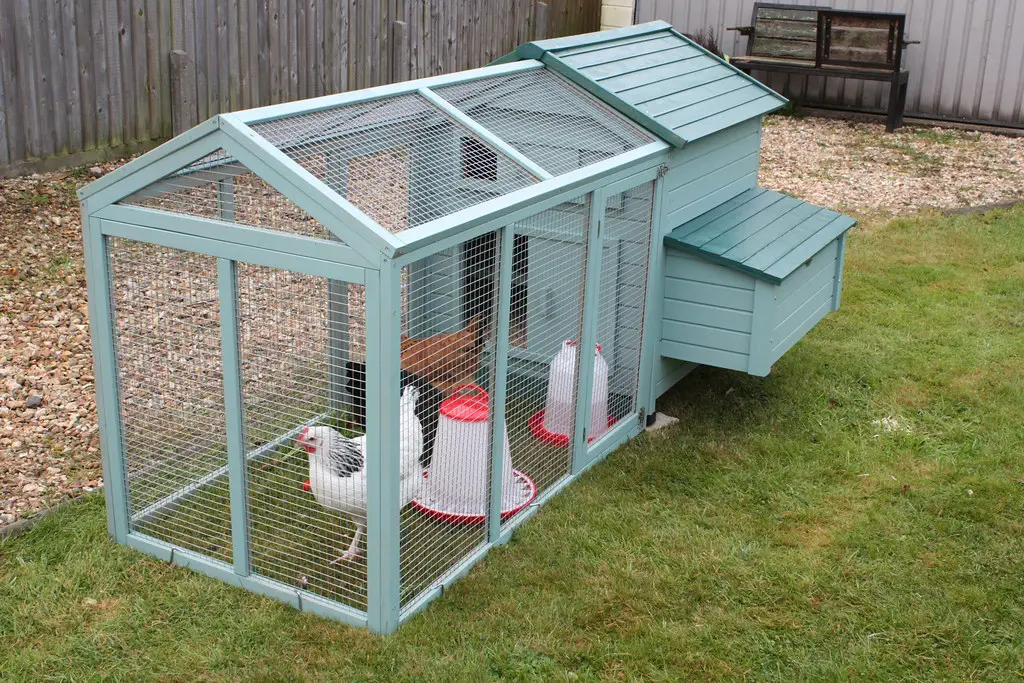
Backyard chickens may be trendy, but not every community is clucking along. McGowan noted that numerous suburban residents have faced legal notices for unauthorized poultry, goats, or even rabbits. While some towns have loosened zoning codes to allow small-scale animal husbandry, HOAs often maintain much stricter limits. Violating those terms can lead to more than just a cease-and-desist letter.
Penalties may start with fines, but persistent noncompliance can result in court orders. If your animals are deemed a “nuisance,” you could be served with an eviction notice. It’s not just a lifestyle clash—it’s a legal one. And yes, even the best-behaved hens can spark a neighborhood feud.
4. Painting Your Home an Unapproved Color
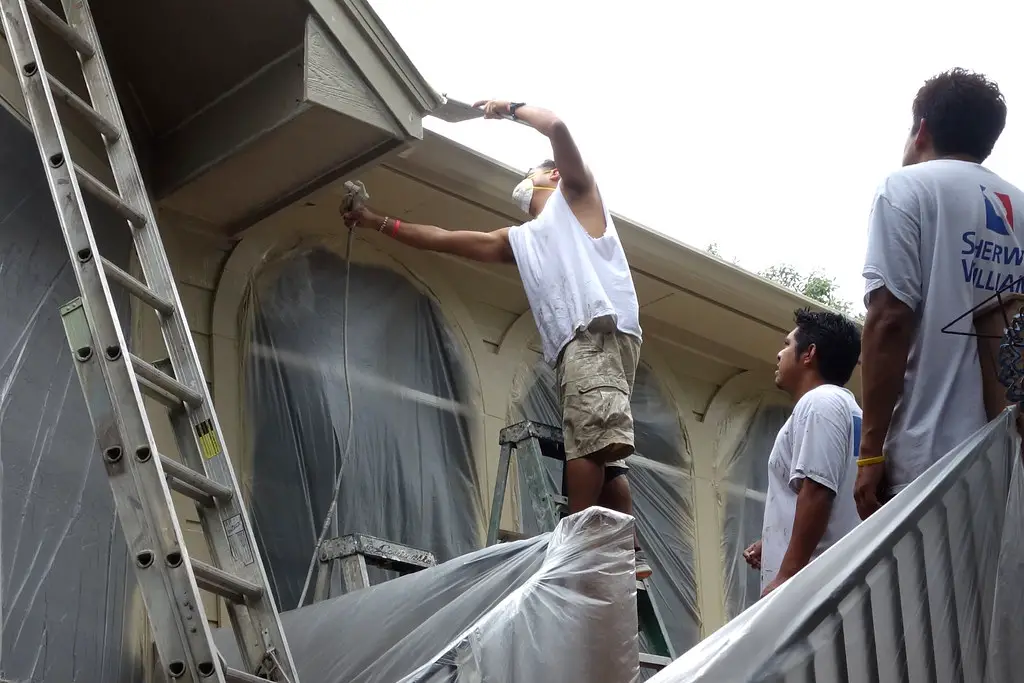
Even if you bought your house with cash, that new bold blue paint job might be grounds for action. Condo Control reported cases where owners were fined daily for paint colors that hadn’t been approved by a neighborhood architectural committee. These guidelines are often buried deep in HOA covenants and rarely waived. Ignorance of the rule doesn’t protect you from its consequences.
Refusal to repaint can spark prolonged legal battles. Some HOAs will file lawsuits or attempt to secure court-ordered compliance. If you don’t comply and costs pile up, you risk foreclosure. Your creative expression might cost you more than a few gallons of paint.
5. Operating a Home-Based Business

Running a small bakery or tutoring service from your living room might seem harmless—but it can be a legal hazard. Many HOAs and neighborhood associations prohibit commercial activity, even if it’s low-traffic and part-time. The issue isn’t just parking or foot traffic—it’s zoning and insurance liability. Operating without permission can lead to cease-and-desist letters and worse.
Repeated violations may void your insurance coverage or violate local ordinances. If you continue operating, you could face steep fines and court orders. In rare but real scenarios, HOAs have moved to evict owners over persistent infractions. That side hustle might not be worth your house.
6. Installing Unauthorized Solar Panels
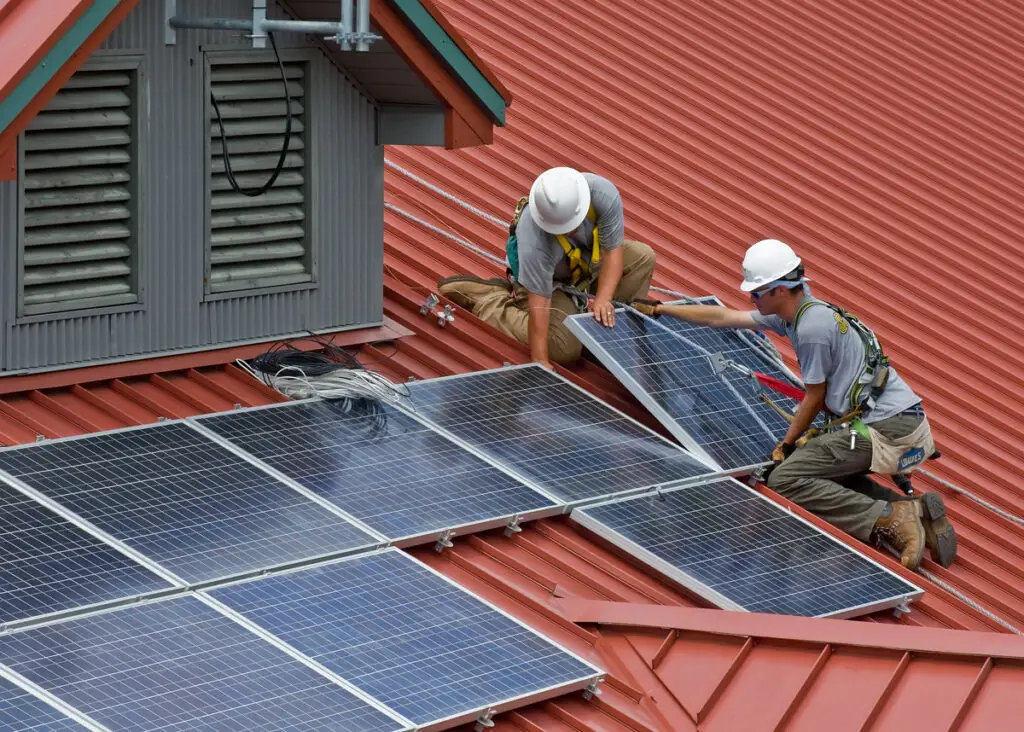
Even in states that promote renewable energy, your HOA might not. Some associations restrict solar panels for aesthetic reasons or require pre-approval that’s nearly impossible to get. If you install them without permission, you may face fines or orders to remove the panels entirely. Noncompliance can lead to lien placement or legal escalation.
In several cases, owners who refused to remove solar panels faced forced foreclosure. While some states have “solar access” laws, HOAs often find workarounds. It’s a classic case of progress versus policy. And unfortunately, policy often wins.
7. Renting Out Your Property Without Permission
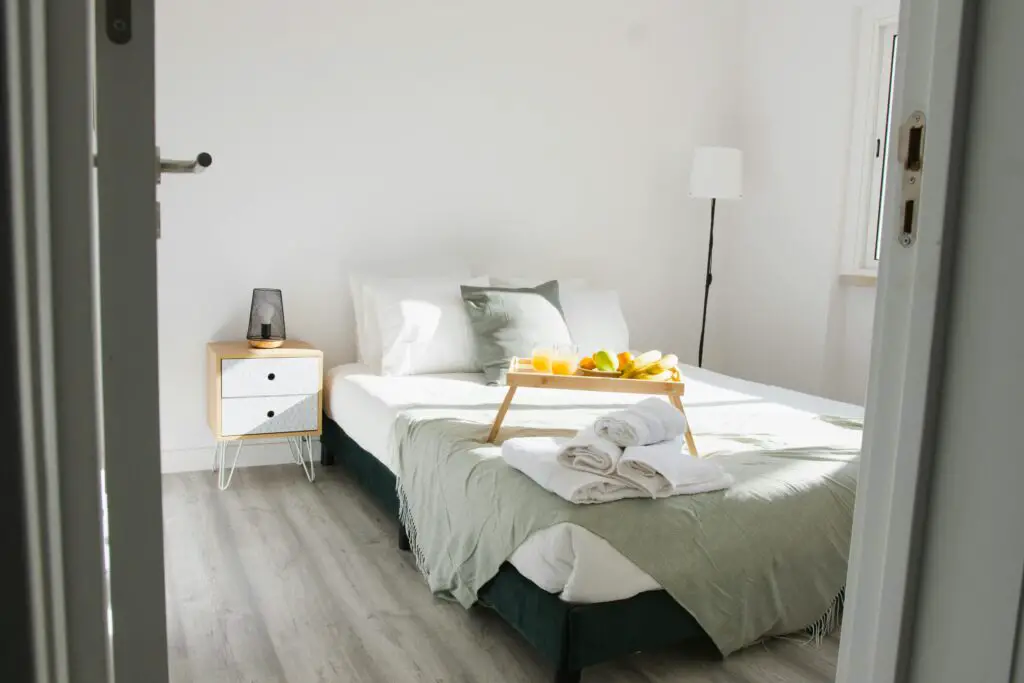
Short-term rentals and unauthorized sublets are a hot-button issue. Many HOAs and condo boards now require owners to get permission—or outright prohibit any rentals. If you’re caught listing your property on Airbnb or housing a long-term tenant in violation, you could be fined or sued. Repeat offenses sometimes lead to legal pressure to sell or vacate.
Even when renting seems harmless, associations argue it destabilizes the community. Some HOAs require background checks or in-person interviews for tenants. Skipping that step can be considered a serious breach. And in strict communities, the consequences can be severe.
8. Skipping Dues or Assessment Payments

Falling behind on HOA dues is one of the quickest ways to end up in legal trouble. Associations can file liens after just a few missed payments. If those aren’t resolved, they often proceed with foreclosure, regardless of how much equity you have. It’s a chilling reality for homeowners unaware of the fine print.
This is especially risky during large special assessments. Refusing to pay for community upgrades—even if you disagree—won’t shield you from action. Dues are legally binding obligations. Miss enough, and you could lose your home entirely.
9. Violating Historic Preservation Rules
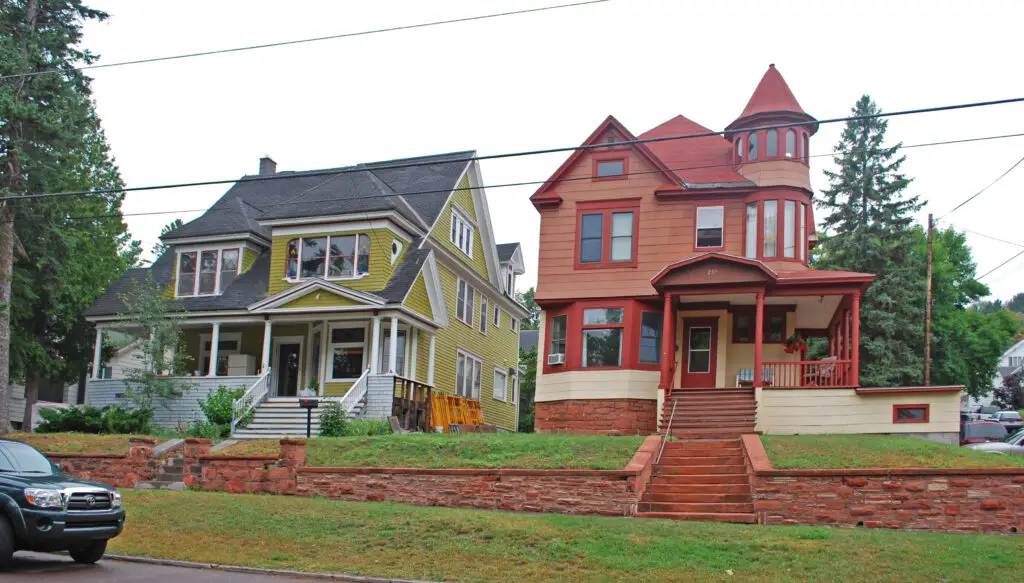
Living in a historic district means more than old charm—it means intense scrutiny. Making unauthorized changes to a façade, windows, or roofing materials can trigger legal action. You might think you’re renovating; the board might see it as destruction. The fines stack up fast, and forced restoration is often required.
In severe cases, homeowners have been ordered to vacate until compliance is restored. Appeals are usually costly and drawn out. Owning a piece of history comes with strings attached. Cut one, and the whole situation can unravel.
10. Hosting Too Many Events
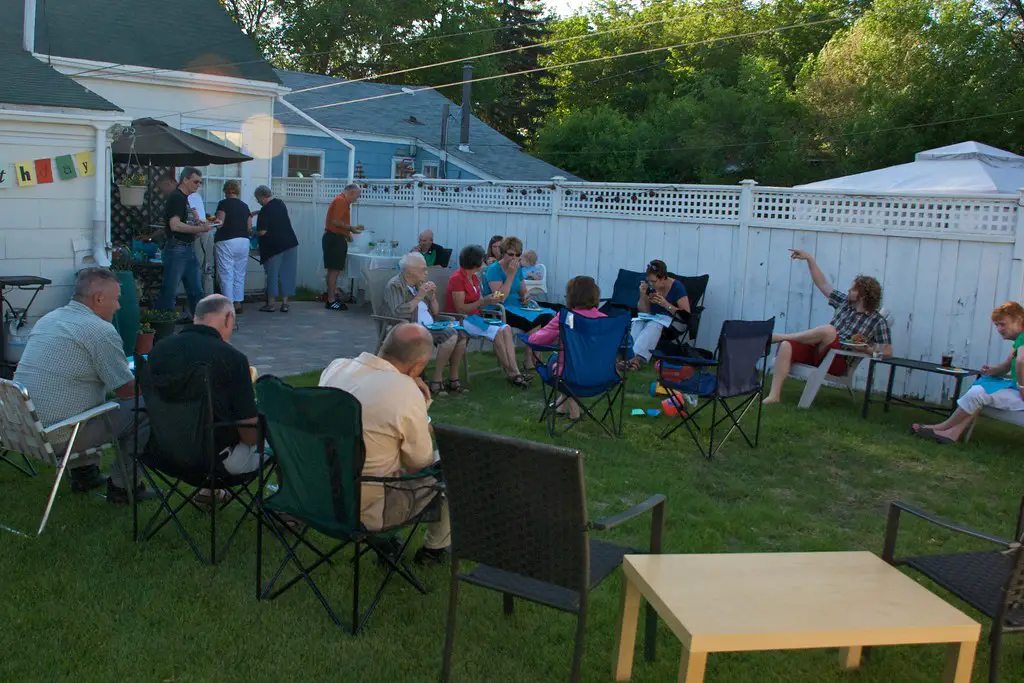
Frequent parties, weddings, or even charitable events can violate community codes. Some HOAs set strict limits on guest counts, noise levels, and how many gatherings you can host per month. Break those rules, and you may get more than just noise complaints. Persistent violations may lead to legal notices and hearings.
Associations argue these gatherings disrupt neighborhood peace and security. Even if you’re on your own property, the bylaws still apply. And if you push back too hard, they may push for legal removal. Party too often, and you may party your way out of your home.
11. Parking Oversized Vehicles

RVs, boats, trailers, and commercial vehicles are often restricted—even in your own driveway. HOAs argue they’re eyesores or safety hazards. If you keep parking one without approval, you can be fined daily. Eventually, the issue can escalate into formal legal proceedings.
Some neighborhoods even have rules about how long guests can park. It’s not just about big rigs—it can be about visitor overflow. If your driveway habits become a battle, you could lose more than just your vehicle access. It’s one of the fastest ways to end up in a standoff with the board.
12. Installing a Non-Approved Security System
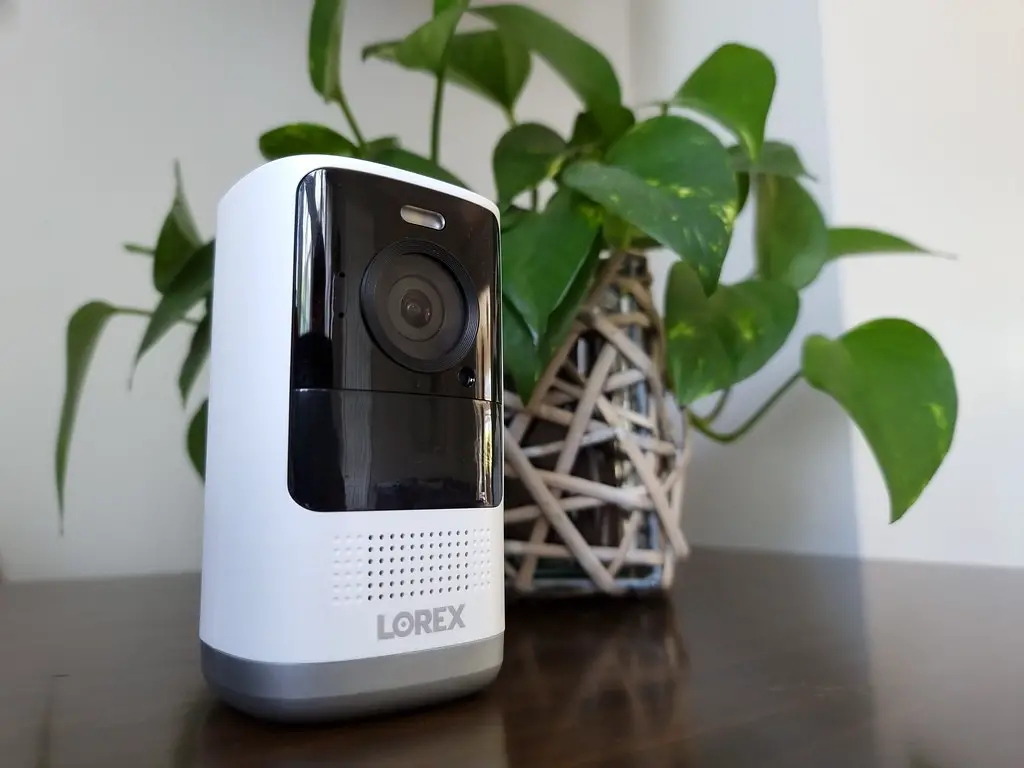
Ironically, trying to make your home safer could get you evicted. Some HOAs restrict where you can mount cameras, how large signs can be, or whether alarm systems are visible from the street. Noncompliance can be considered “alteration without approval.” And fines may kick in immediately.
If your system records neighbors or public areas, that may breach privacy bylaws. Escalation could involve legal action to remove the system. Security, in this case, becomes a double-edged sword. You may be forced to choose between compliance and peace of mind.
13. Building Unauthorized Additions
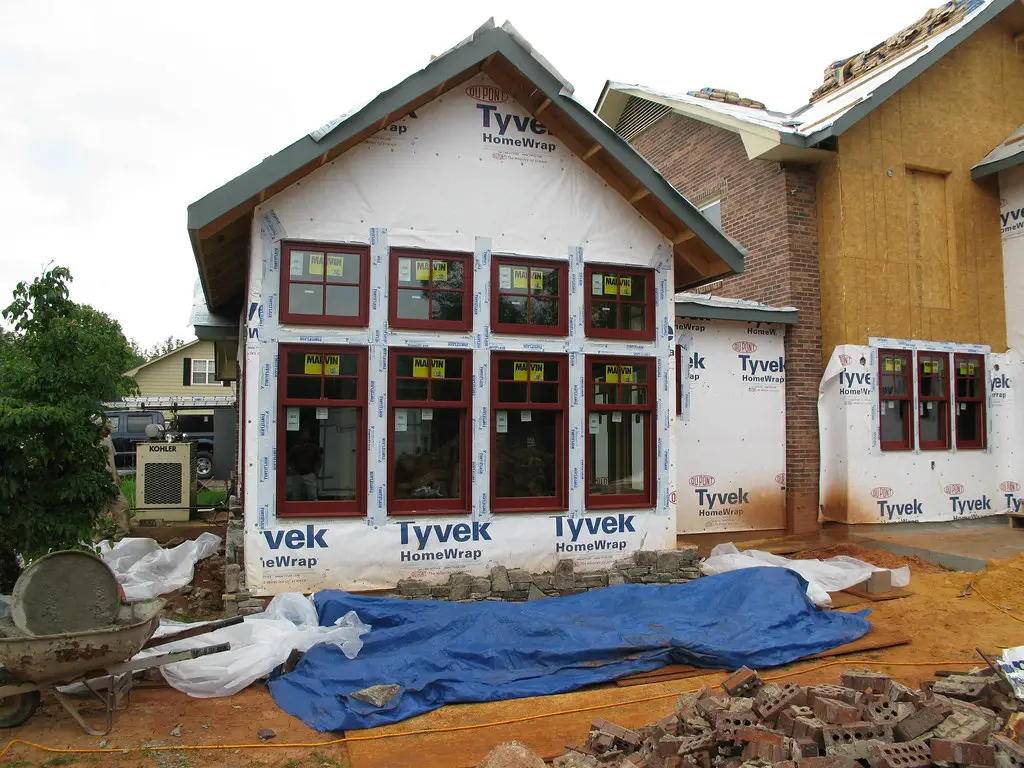
Add a pergola or garage without formal approval, and you could be hit with stop-work orders or retroactive fines. In some neighborhoods, even small sheds require plans and signatures. If you finish the project anyway, the association might demand it be torn down. And yes, they can sue if you refuse.
These cases often involve subjective interpretations of “aesthetic harmony.” You might think it’s tasteful; they may think it’s out of place. The longer you push back, the harder they’ll push. Ownership doesn’t protect you from collective control.
14. Keeping Too Many Pets

Many bylaws limit the number—and sometimes the breed—of animals you can own. Break those rules, and you may face pressure to surrender pets or face fines. If your animals are considered disruptive, the board can escalate enforcement. For persistent violations, eviction is on the table.
Emotional support animals often create legal gray zones. Still, homeowners have lost battles over what constitutes “reasonable accommodation.” Too many furry friends could cost you your place. Especially when the board’s patience runs out.
15. Violating Noise or Nuisance Policies
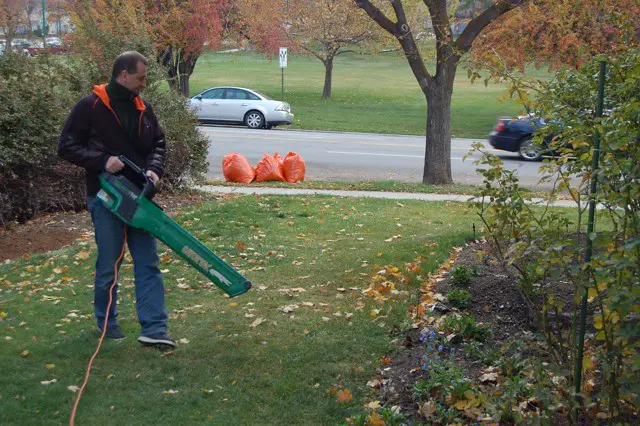
Constant noise complaints—even from everyday activities—can add up fast. From loud music to power tools at the wrong hour, many neighborhoods have zero-tolerance policies. If your home is labeled a “nuisance property,” that designation can carry legal weight. And yes, it can lead to forced eviction.
These cases are usually subjective and emotionally charged. Once you’re on the board’s radar, almost anything can be used against you. Warnings become fines, and fines become lawsuits. In a high-control community, even normal life can feel like a violation.
